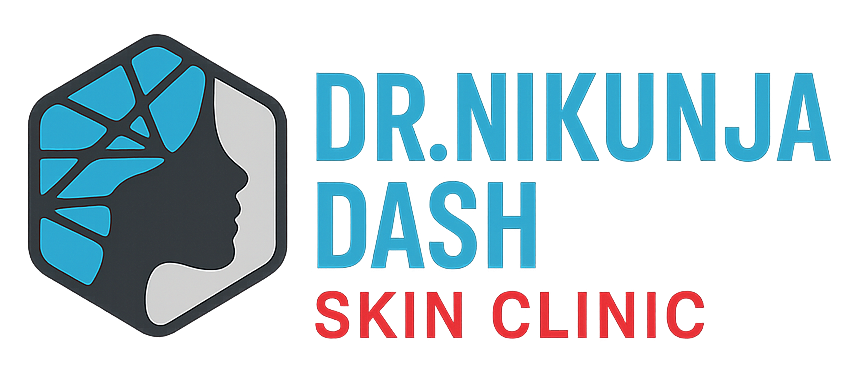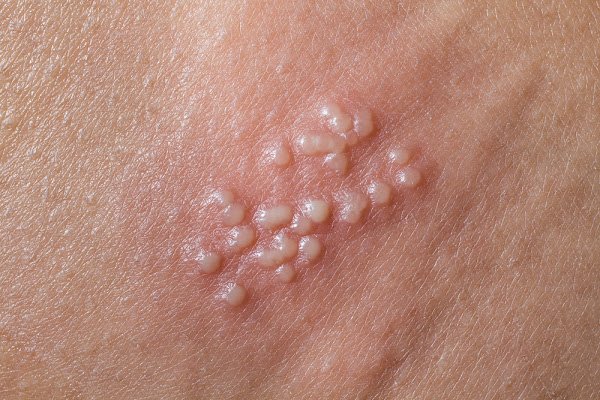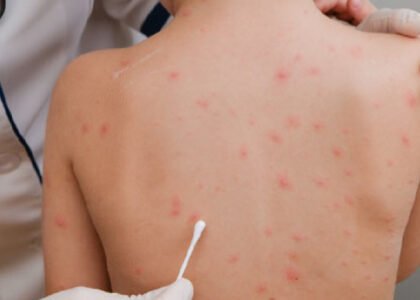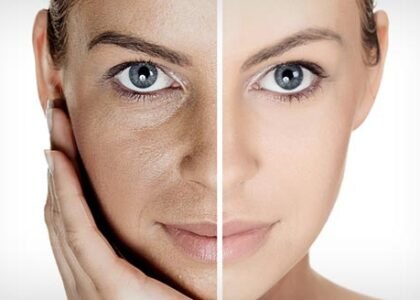Venereal Diseases
Venereal Diseases Treatment in Bhubaneswar
Venereal diseases, commonly known as sexually transmitted diseases (STDs), are infections that are primarily spread through sexual contact, including vaginal, anal, and oral sex. These infections are caused by bacteria, viruses, parasites, or fungi and can affect both men and women, often without obvious symptoms, making early diagnosis and treatment critical to prevent complications and transmission.
What is a Venereal Disease?
A venereal disease is any infection that is transmitted from one person to another through sexual activity. These diseases may affect the genitals, mouth, throat, anus, and other parts of the body. Some STDs are easily curable with antibiotics, while others, like HIV, require lifelong management. Many venereal diseases go unnoticed because they can be asymptomatic in the early stages, yet they can still be transmitted to sexual partners. Left untreated, they may lead to serious health problems such as infertility, pelvic inflammatory disease (PID), complications during pregnancy, organ damage, or even death. Comprehensive sexual health education, timely testing, use of protection (like condoms), and regular medical checkups are vital to prevent and control the spread of STDs.
Types of Venereal Diseases
Here are the most common STDs:
Chlamydia – A bacterial infection often silent, but may cause discharge, burning sensation during urination, or pelvic pain.
Gonorrhea – A bacterial STD causing painful urination, discharge, and in women, possible pelvic inflammatory disease.
Syphilis – Presents in stages; starts with painless sores, progresses to rashes, and can cause neurological and cardiac issues if untreated.
HIV/AIDS – A viral infection that attacks the immune system; no cure, but manageable with antiretroviral therapy (ART).
Genital Herpes (HSV-1 and HSV-2) – Causes painful blisters or sores on the genital or oral areas, often recurring.
Human Papillomavirus (HPV) – Can cause genital warts and is linked to cervical and other cancers; vaccines are available.
Trichomoniasis – A parasitic infection causing itching, burning, and discharge; more common in women.
Hepatitis B – A viral infection that can be transmitted sexually and affects the liver; preventable by vaccination.
Symptoms of Venereal Diseases
Symptoms of venereal diseases vary depending on the type of infection and the individual’s immune response. Common signs include unusual vaginal or penile discharge, itching or irritation in the genital area, painful urination, sores, blisters, or warts on the genitals or anus, swollen lymph nodes, pain during intercourse, and flu-like symptoms (especially in viral infections like HIV or herpes). Some STDs, like chlamydia and gonorrhea, may show no symptoms at all, particularly in women, yet can silently cause long-term damage. Because of this, many people remain unaware that they are infected, which highlights the importance of routine testing and awareness. In severe cases or when untreated, symptoms may become more intense, leading to chronic pain, infertility, and systemic infections.
Causes of Venereal Diseases
Venereal diseases are caused by various pathogens transmitted through unprotected sexual contact. Bacterial infections like gonorrhea, chlamydia, and syphilis are caused by bacteria and can usually be cured with antibiotics. Viral infections, such as HIV/AIDS, genital herpes (HSV), and human papillomavirus (HPV), are lifelong conditions that can be managed but not always cured. Parasitic infections like trichomoniasis are caused by parasites and are treatable. STDs can be spread through blood, semen, vaginal fluids, or direct skin-to-skin contact. Risk factors include multiple sexual partners, unprotected sex, lack of awareness, poor genital hygiene, and sharing contaminated needles or personal items. Early detection and education are key to reducing the risk of transmission and complications.
Available Treatments for Venereal Diseases
💊 Available Treatments for Venereal Diseases
✅ 1. Antibiotics
Used for bacterial STDs like chlamydia, gonorrhea, and syphilis. Early treatment ensures complete recovery.
✅ 2. Antiviral Medications
Used for managing viral STDs like HIV and herpes. They reduce symptoms, viral load, and risk of transmission.
✅ 3. Antiparasitic Drugs
Treat parasitic STDs such as trichomoniasis effectively, usually in a single dose.
✅ 4. Vaccination
HPV and Hepatitis B vaccines help prevent the most dangerous long-term complications associated with those viruses.






